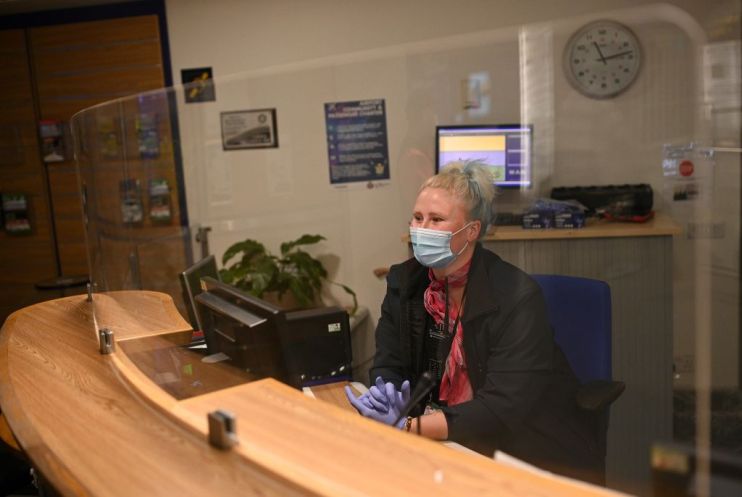Happy returns: Can employees refuse to go back to work?

As London comes out of hibernation and employees begin to return to work, companies are being confronted with the true scale of the challenge of running a business in the middle of a pandemic.
Employees, meanwhile, are feeling anxious that their workplace might remain unsafe.
But is turning to the law the best way to address these concerns?
Employers have a duty to provide a safe workplace and owe obligations to their staff under health and safety laws. Social distancing, hand-sanitisers, health questionnaires and clear guidelines are all being brought into play by employers to try to ensure the safety of their workers in line with government guidance. But even with these steps, employers may be faced with a genuine and heartfelt reluctance to attend work in the current crisis.
For certain employees who are within the identified vulnerable categories or are living with people who are, the risks of Covid-19 are still very real and reluctance to return is entirely understandable. And even for workers outside these groups, there may still be high degrees of apprehension and anxiety about the return.
Social media has publicised the existence of section 44 of the Employment Rights Act as a way for employees who fear that their workplace may still present a danger to legitimately refuse to return to work.
However, the legal reality is less clear-cut. Section 44 does provide employees with protection, but in a much more restricted set of circumstances than people on social media are being led to believe. The section protects an employee who refuses to attend work from being put under any detriment, but only where the employee reasonably believes that there is a “serious and imminent” danger.
In the current circumstances, although Covid-19 may be a significant threat to public health, this does not necessarily translate into a serious and imminent threat to an individual employee’s safety. The medical evidence has consistently shown that those who are not in one of the identified vulnerable categories are unlikely to suffer a serious outcome even if they contract the virus, which in itself remains statistically unlikely.
If the employer has properly applied the government guidance and has provided appropriate protections for its staff, then it further undermines the reasonableness of a belief that the workplace presents a serious and imminent danger to health.
Employees taking a rigid line and refusing to attend work may therefore be risking much if they place too much weight on this legislation.
That said, employers should also avoid taking too rigid a line. The return to work will understandably be a source of anxiety for many, and people are entitled to expect that their employers will apply the government guidance designed to protect them.
The compact between employer and employee is a complex one, but trust should sit at its centre — and that means talking to each other. Employees should consider carefully the protections that have been put in place and should speak up if they see any failings, raising concerns with their employer. Employers in turn need to build trust by acting on those concerns and exploring the reasons for a reluctance to return to work, rather seeing this as employees simply being “difficult”.
Open, clear and timely communications in both directions in an atmosphere of trust and respect will go a long way to allow workplaces to reopen in a way that is safer for everyone.
Main image credit: Getty